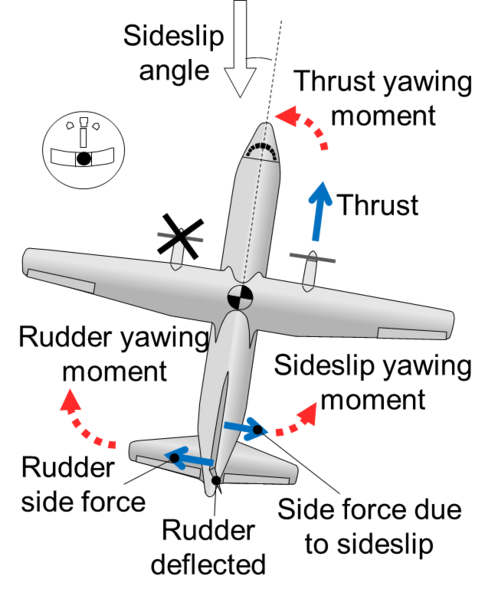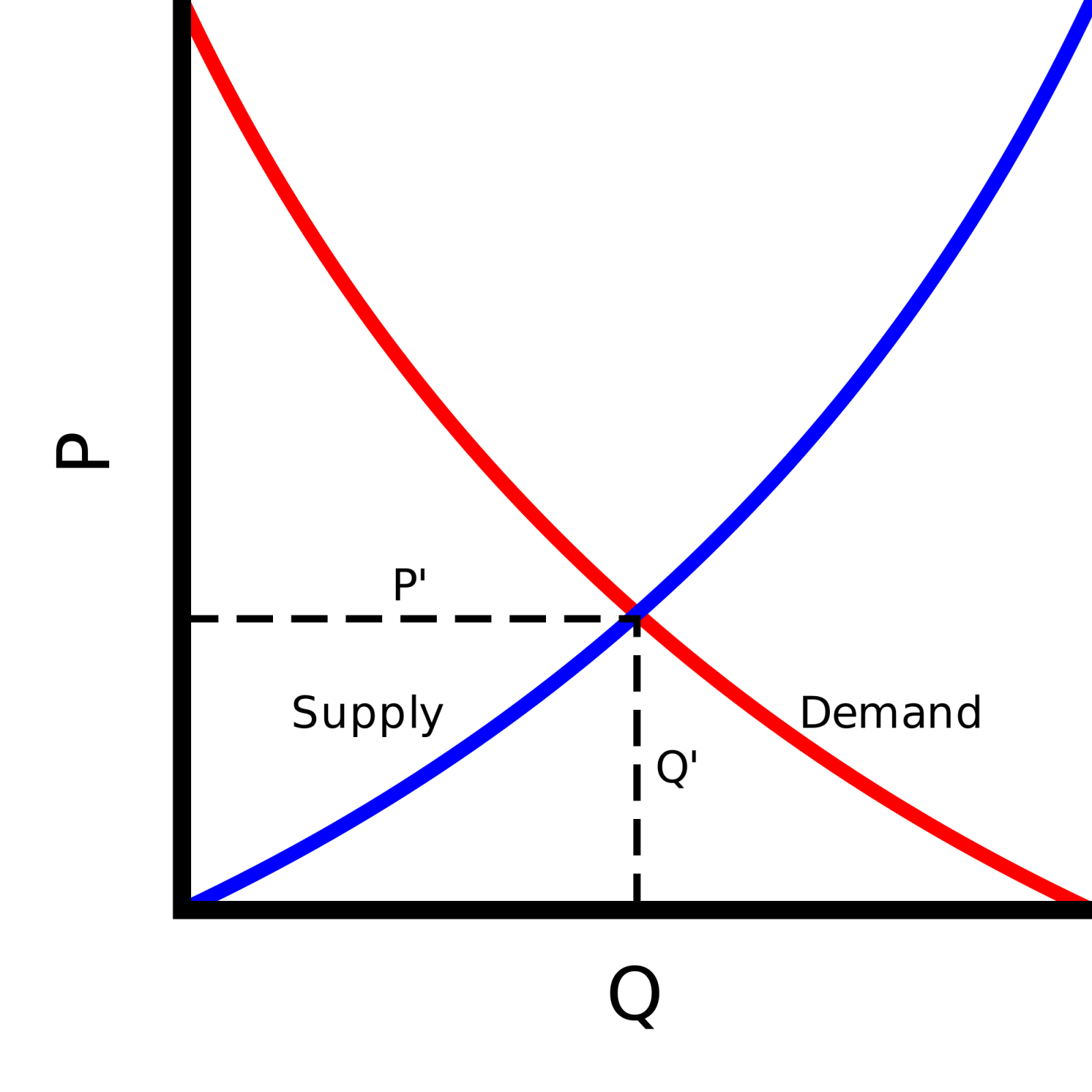Rational Economic Man
by Andy Boyd
Today, what makes rational, rational? The University of Houston presents this se ries about the machines that make our civilization run, and the people whose ingenuity created them.
ries about the machines that make our civilization run, and the people whose ingenuity created them.
I read with some sadness about the passing of Kenneth Arrow, a Nobel prize-winning economist. Arrow wielded math the way a skilled surgeon wields a knife. When he gave a visiting lecture during my days in graduate school, it easily could have been mistaken for an engineering lecture.
Arrow did pioneering work in general equilibrium theory. It's a field that asks how an economy will perform in much the same way an engineer might ask how an airplane will. Engineers set up mathematical models to ask if a plane will fly stable and true or if it's prone to crashing. General equilibrium theorists use their own models to ask if an economy will fly stable and true or if it's prone to crashing.

Photo Credit: Wikimedia
There is, however, at least one big difference between engineering and economics. The laws of physics are simple and well known. The laws by which people behave aren't. Now, for the most part, the presumed "laws" of human economic behavior are uncontroversial - so uncontroversial, they're usually taken for granted. For example, given two identical wastebaskets, we'd expect a rational consumer to buy the cheaper one. To do otherwise would be irrational, wouldn't it? Or suppose you prefer coffee to tea, and prefer tea to hot chocolate. Then certainly you must prefer coffee to hot chocolate, if not you'd never be able to decide what to drink in the morning. If instead you preferred hot chocolate to coffee, then no matter what you chose, there'd be something else you'd rather drink. That certainly seems irrational.

Coffee Tea Chocolate Coffee Photo Credit: Wikimedia
Yet, even as economists assumed this "rational" economic behavior, others were raising questions. Did rational economic man - homo economicus - really exist? Maybe someone could prefer coffee to tea, tea to hot chocolate, and hot chocolate to coffee when viewed in pairs, but when choosing from all three together tea rises to the top. Is this rational? Whatever we call it, there are a great many examples where people show just such types of behavior.
Rational economic man is such a fixture in neo-classical economics that he's not going anywhere. He still lurks behind those supply and demand curves students learn about in Economics 101. And with good reason: he holds up well in models explaining how the world works. While alternative models of human economic behavior exist, each has its own limitations. As a result, mainstream economics has tended to shun these alternative behavioral models.

Photo Credit: Wikimedia
But not entirely. In 2002 the Nobel prize in economics was shared by two researchers at the forefront of efforts to dethrone homo economicus. And in many circles the hunt for his successor is alive and well. Will we converge on a more accurate model of economic behavior? Is one necessary? We'll have to wait and see, though the search is eye opening.
I'm Andy Boyd at the University of Houston, where we're interested in the way inventive minds work.
(Theme music)
The "irrational" actions in which people engage are interesting in that they frequently appear rational but, upon closer examination, violate basic tenets of what we assume to be rational. See, for example, the Wikipedia websites for the Allais paradox. Click here. Accessed February 28, 2017.
A wonderful book that contains a very non-mathematical treatment of "irrational" economic actions along with the story of two pioneers in the field of behavioral economics is: Michael Lewis. The Undoing Project. New York: W.W. Norton, 2016.
Justin Fox. "From 'Economic Man' to Behavioral Economics." Harvard Business Review, May, 2015, pp. 78-85. See also: https://hbr.org/2015/05/from-economic-man-to-behavioral-economics. Accessed February 28, 2017.
Homo economicus. From the Wikipedia website: https://en.wikipedia.org/wiki/Homo_economicus. Accessed February 28, 2017.
This episode was first aired on March 2, 2017